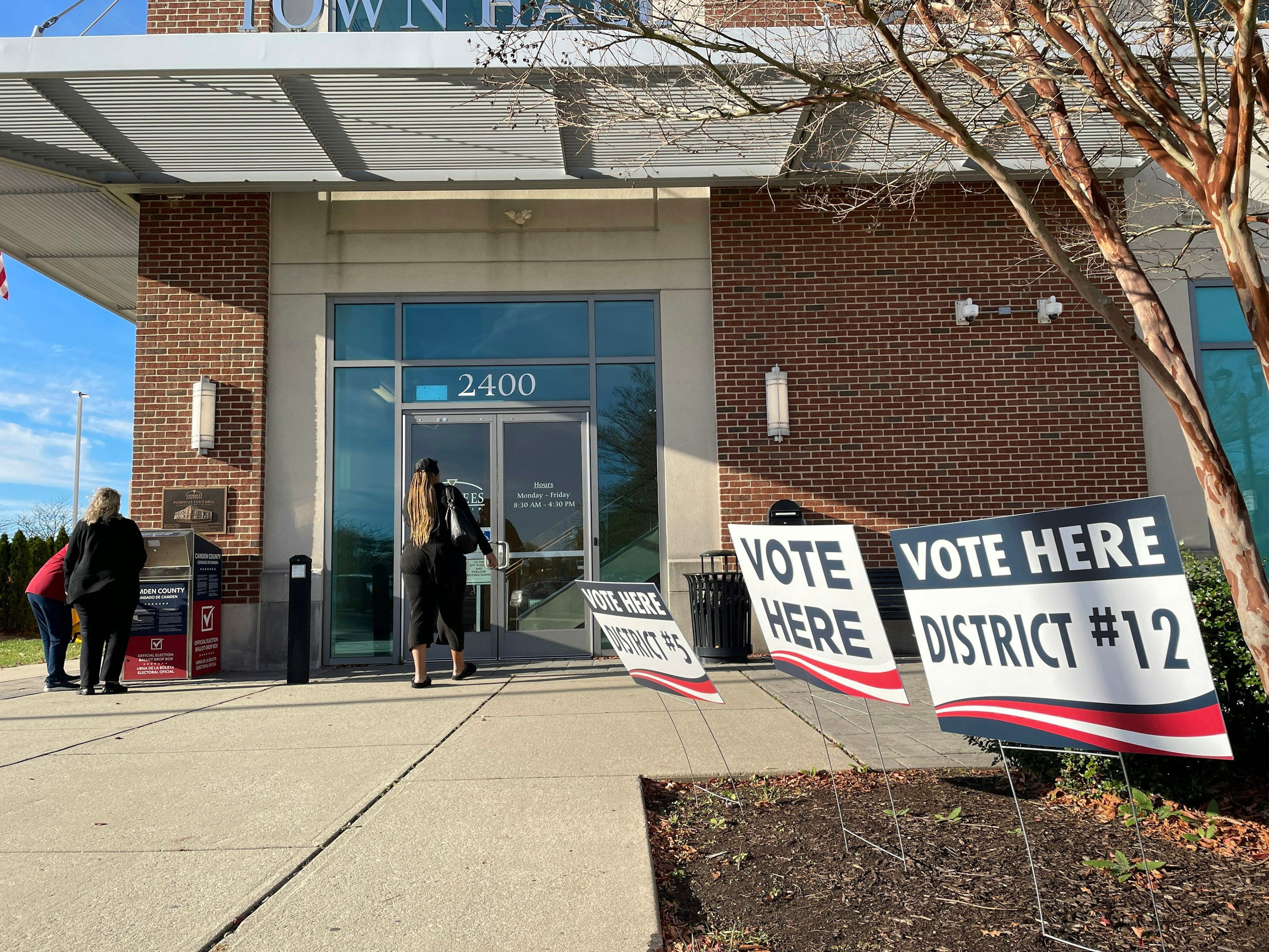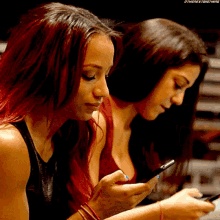Donald Trump has expressed his love for free speech more than once in the past. Recent events have made clear that for Trump, free speech also extends to outright falsehoods.
Last week, Trump posted a series of AI-generated images on the social media platform Truth Social implying that Taylor Swift and her fans support him.
Three of the four images—some of them AI-generated—display women sporting wide grins and t-shirts reading ‘Swifties for Trump’. The most blatantly AI-generated image shows Taylor Swift wearing an Uncle Sam costume standing in front of an American flag with the caption ‘Taylor wants you to vote for Donald Trump'. Trump accompanied the post with his own caption: ‘I accept!’.
Since being posted on August 18th, the post has garnered almost ten thousand likes and over three thousand reposts.

Image Credit: Gage Skidmore from Wikimedia
Let us slide into your dms 🥰
Get notified of top trending articles like this one every week! (we won't spam you)Public Response
Despite being posted on Truth Social, a less-used social media site, the post received immediate attention—and backlash.
On X, Art Candee's tweet asking ‘who else wants Taylor Swift to sue Donald Trump?’ has received over thirty-four thousand likes. Meanwhile, Alacrity's Ghost's warning that ‘the Taylor Swift machine has engaged multiple law firms specialising in trademark & copyright infringement. This image will cost Trump everything’ has sixty-one thousand likes.
The widespread backlash appears to have somewhat unnerved Trump. When asked by Fox News whether he is worried Taylor Swift will sue him, Trump responded: “I don't know anything about them other than somebody else generated them, I didn't generate them.” He added that “AI is always very dangerous in that way.”

Image Credit: Paolo Villanueva from Wikimedia
What are Taylor Swift's political beliefs?
As of August, Taylor Swift has yet to pledge her support for a 2024 presidential nominee. However, many would argue that it's clear where Swift leans on the political spectrum.
In her 2020 Netflix documentary Miss Americana, Swift opened up about her struggle to find her voice when talking about politics. When warned about the repercussions of a headline such as “Taylor Swift comes out against Trump” Swift responded, “I don't care if they write that. I'm sad that I didn't two years ago but I can't change that.” She added, “I need to be on the right side of history.”
Swift went on to make an Instagram post consisting of two images: a photo of herself on a magazine cover and a photo of herself holding a tray of 'Biden Harris 2020' cookies. The caption read: “I spoke to V magazine about why I'll be voting for Joe Biden for president. So apt that it's come out on the night of the VP debate. Gonna be watching and supporting Kamala Harris by yelling at the tv a lot. And I also have custom cookies.”

Image Credit: David Shankbone from Wikimedia
Take the Quiz: What Kind of Political Personality Are You?
Ever wondered what role you’d play in the political world? Take this fun quiz to find out!
Implications of Trump's post
Swift's previous political statements make clear why so many have taken issue with Trump's blatantly AI-generated post. While more dedicated Swifties will have watched Swift's documentary and know where she leans politically, others may know less and be more susceptible to Trump's AI misinformation.
Such misinformation is dangerous, especially given how much influence celebrities have over their fans. Only 50% of young people aged 18-29 voted in the 2020 election. While this is an increase from 2016, it is still a low turnout.
Taylor Swift is one of the most influential celebrities of the twenty-first century. After posting an Instagram story encouraging fans to vote in 2023, 35,000 people registered to vote. Thinking Swift is endorsing Trump has made some people fear that votes for the convicted felon may increase.

Aside from the public backlash, Trump has not received any consequences for his spreading of misinformation. The disturbing series of events has made one thing clear: AI has infused elections with a whole new potential for misinformation and distortion the likes of which has not been seen before in the history of US elections.






.jpg)





